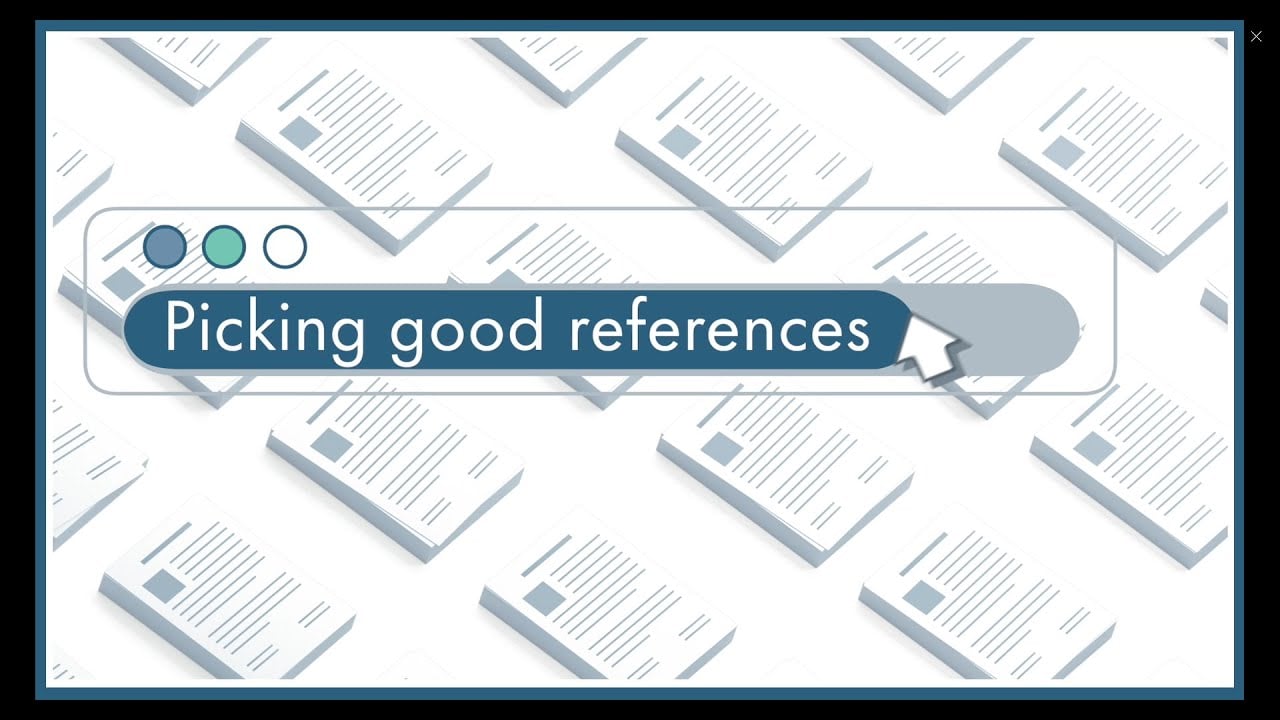You’ve pulled out all the stops in your job search. You’ve sent out tailored resumes and cover letters. You’ve prepared for — and successfully fielded — tough interview questions. And it was all worth it because now you’re poised to land a great job offer. However, if you haven’t been managing your list of professional references, you could risk losing the opportunity.
Yes, references matter. Even today, when hiring managers can check networking sites to see who you know and what they have to say about you, most will still want to reach out to your references directly. With so many companies hiring remotely now, references are taking on even more importance. Businesses are being careful about their staffing decisions because they want to avoid making costly hiring mistakes.
Also, research from Robert Half found that 60% of companies that have hired employees during the pandemic have shortened their hiring process. Having your list of professional references ready to present to a hiring manager upon request can help keep that process efficient. It can also help you clear a critical hurdle to securing a job offer faster.
You might think organizing a reference list is a simple task that takes only a few minutes. But there’s actually a lot to consider when developing a list of professional references who can speak to your qualifications and potential. Here are seven basic rules to follow:
1. Give a critical eye to your list of obvious picks
Previous supervisors and close former colleagues are logical contacts to include on your list of professional references. They can attest to different aspects of your skills, attributes and experience. But there are some things to keep in mind when selecting these references.
First, are you listing a boss from a recent job, or a manager who supervised you at a company you worked for a decade ago? References from jobs held long ago may still be valid, of course. But if you don’t include more recent contacts, you may be unintentionally sending the message that those relationships weren’t as positive. Try to find a balance that puts your entire relevant work history in a positive light.
Create a list of three or four people who were close enough to you to genuinely know you and your work but who also have enough authority to relate to your potential employer.
2. Don’t assume your contacts will be references
When drafting your list of professional references, don’t take for granted that former employers and coworkers are available — and willing — to put in a good word for you.
More than likely, because you’re choosing contacts you trust and respect, they will be delighted to be a reference for you if their company allows them. However, unless these individuals have recently expressed interest in being a professional reference, it’s essential to seek their permission. Consider it a critical measure of courtesy.
When you do reach out to a contact to request that they serve as a professional reference, use the opportunity to reconnect with them. It’s best to check in with valued contacts from time to time anyway, to promote the health and strength of your professional network.








